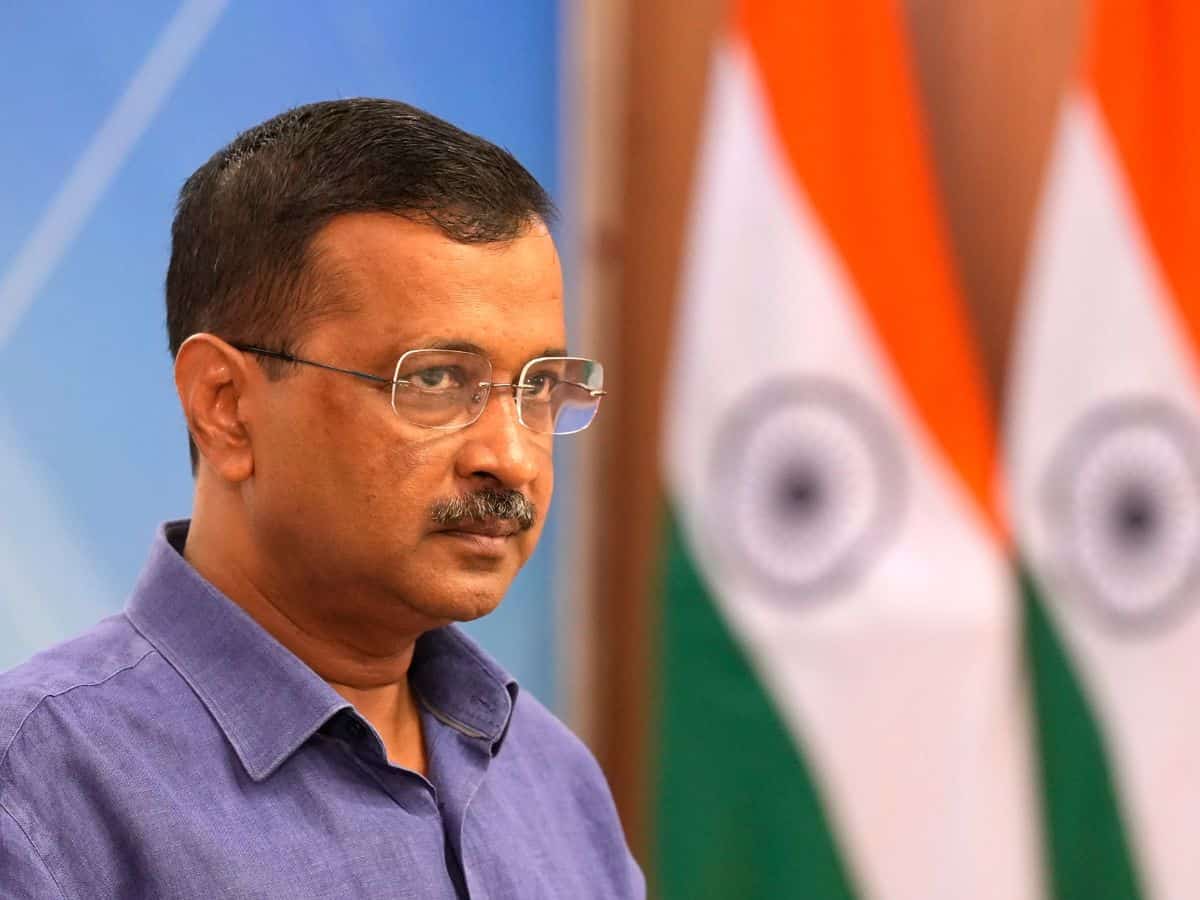
New Delhi: The Supreme Court is slated to hear on Friday the plea filed by Delhi Chief Minister Arvind Kejriwal challenging his arrest by the Central Bureau of Investigation (CBI) in connection with the excise policy scam matter.
As per the causelist published on the website of the apex court, a bench of Justices Surya Kant and Ujjal Bhuyan will hear the matter on August 23.
Last week, issuing notice on Kejriwal’s plea challenging his arrest in the corruption case as well as on his distinct petition seeking bail, the top court asked the CBI to file its reply by August 23.
The office report prepared on Thursday by the Assistant Registrar recorded that though advocate M.K. Maroria has filed Vakalatnama/appearance on behalf of CBI, but “he has not filed a counter affidavit”.
The office report added that notice has been issued to CBI through special messenger, in addition to ‘dasti’.
In his special leave petition filed before the apex court, the Aam Aadmi Party (AAP) convenor has challenged his arrest and subsequent remand orders, while also pressing for bail in the corruption case.
He assailed the Delhi High Court’s August 5 judgment, which ruled that his arrest was neither illegal nor without justifiable grounds because the CBI presented “evidently enough evidence” to warrant his detention and remand.
In its impugned decision, the bench of Justice Neena Bansal Krishna of the Delhi High Court asked Kejriwal to approach the trial court for interim bail.
On July 29, the CBI had filed its chargesheet before a special court here against the Delhi CM and other accused persons in the excise policy case.
The ED has already filed its prosecution complaint in the money laundering case, naming AAP and its national convenor Kejriwal as accused.
Meanwhile, a court here on Tuesday extended the judicial custody of the Delhi Chief Minister till August 27 in connection with the excise policy scam.
The AAP supremo was presented before Special Judge Kaveri Baweja of the Rouse Avenue Court through video conferencing from the Tihar Jail upon the expiry of his previously granted custody.
